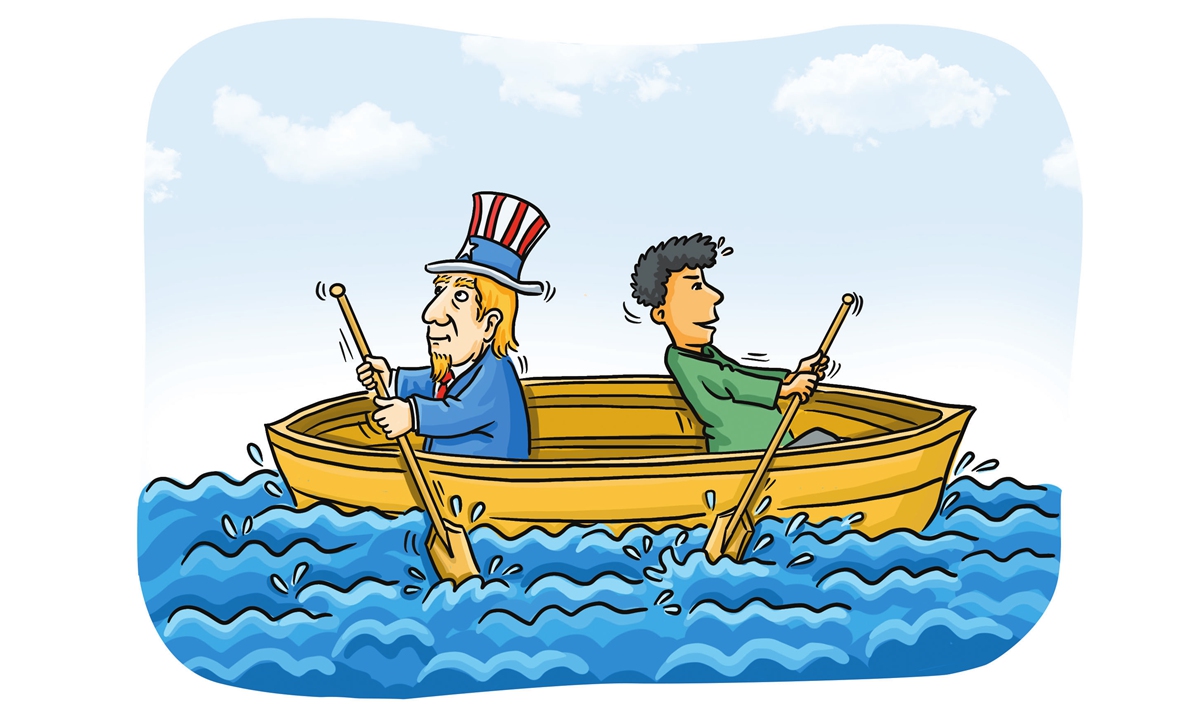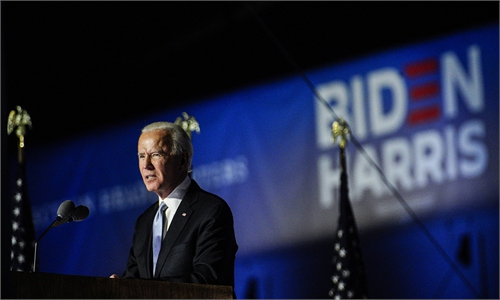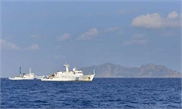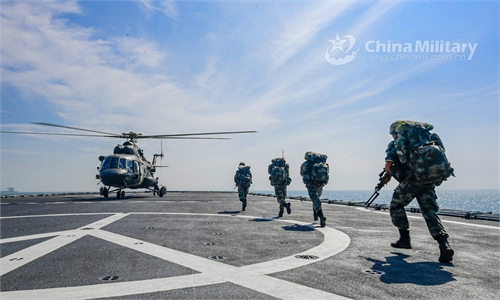
Illustration: Xia Qing/GT
US Secretary of State Antony Blinken and Secretary of Defense Lloyd Austin plan to visit Japan from March 15, according to media report. Just one day before the announcement, The Center for Strategic and International Studies (CSIS) and the Japan Institute of International Affairs (JIIA) co-hosted the 2021 US-Japan Security Seminar. Sung Kim, Acting US Assistant Secretary of State at Bureau of East Asian and Pacific Affairs delivered opening remarks, in which he again emphasized that the Diaoyu Islands, which Japan calls the Senkaku Islands, are covered by Article V of the US-Japan Security Treaty.Japan has always wanted the US to apply Article V of the US-Japan Security Treaty to the Diaoyu Islands dispute. This is interpreted to mean that Washington will lend support to Tokyo at a time of China-Japan disputes over the Diaoyu Islands.
Therefore, the Diaoyu Islands issue is a touchstone of the US-Japan alliance.
From the perspective of the opening remarks by Kim, it seems that the US' attitude is getting tougher again. Pentagon spokesman John Kirby said that there is no change to US policy regarding sovereignty of the Diaoyu Islands on February 26, just three days after he declared that the US supports Japan's sovereignty claim over the Diaoyu Islands.
US relevant statements concerning Diaoyu Islands have actually intensified the Diaoyu Islands disputes between China and Japan.
Kirby's withdrawal of his own statement could be completely accidental, but it cannot be ruled out that the US has pulled Japan's strings in its Asia-Pacific Strategy, regional and global strategy to contain China. What Kirby has done shows that the US is testing China's reactions, but does not want to provoke China further.
First, the Diaoyu Islands issue involves China's territorial sovereignty, and if the conflict escalates, China will certainly carry out operations in the vicinity of the Diaoyu Islands. Second, the US is now focusing on its own internal affairs so it may not have the energy and time to fully focus on containing China. So Washington is stirring up troubles in the region, making sure the situation there does not stay peaceful.
It is reasonable to argue that the US-Japan alliance is rather strong, even stronger than many other alliances of the US. However, the two countries also have some differences and distinctions in their interests, mainly the economic ones. Japan has its own interests in the Northeast Asian region. Thus, it may not be completely submissive to the US on issues involving its own economic and geopolitical interests, as well as its multilateral relations.
Another factor that affects the US-Japan alliance is South Korea. There are also many conflicts between Japan and South Korea over issues including territorial sovereignty and the "comfort women" issue. The US hopes to mend trilateral relations among the US, Japan and South Korea properly. But the contradictions caused by these historical issues between Japan and South Korea are not something that anyone can easily resolve.
Upgrading the US-Japan-South Korea relationship and converting it into a coherent relationship with the US-Japan relations may be a challenge for both US and Japan in the future.
The strengthening of the US-Japan alliance poses additional challenges and difficulties to China's advocacy of cooperation with neighboring countries, multilateralism, and safeguarding the interests of the world. The US is posing comprehensive challenge to China, but Japan will not give up its pursuit of economic interests in the Asian region just because of its alliance with the US.
Although Japan may be in conflict with China in some aspects, such as the Diaoyu Islands, there is a foundation of economic and trade cooperation between China and Japan, thus there is still space to put forward and further promote peaceful cooperation and mutual benefits between China and Japan.
The author is director of the Institute of Northeast Asian Studies at Heilongjiang Provincial Academy of Social Sciences. opinion@globaltimes.com.cn



